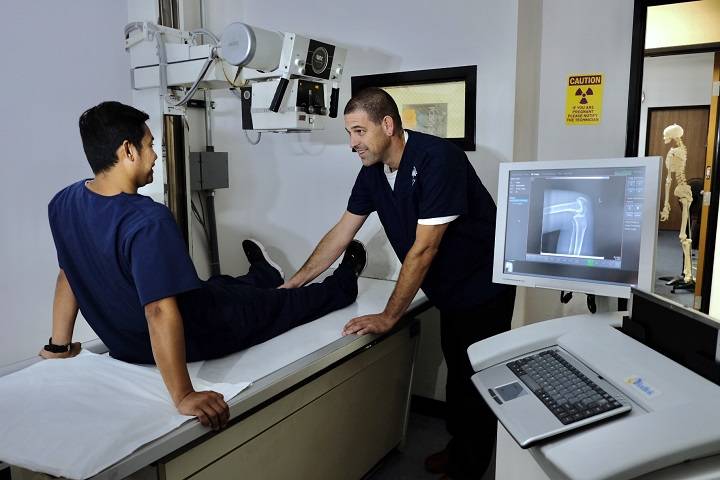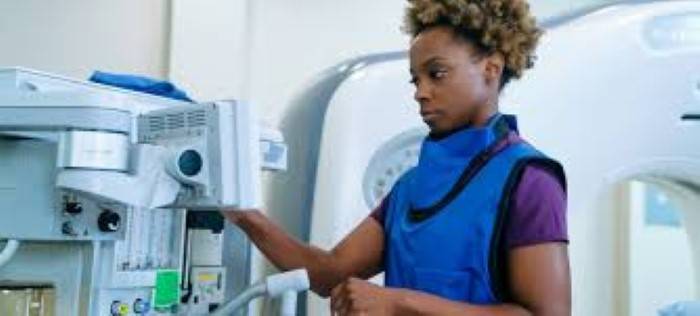Title: Introduction: Embarking on a career in radiologic technology is an exciting journey filled with opportunities for personal and professional growth. Aspiring to become an X-ray technician, or a radiologic technologist, is a commendable choice in today’s healthcare landscape. However, the path to this rewarding profession requires careful planning and dedication. In this comprehensive guide, we will delve into everything you need to know about X-ray tech school, from prerequisites and program types to career prospects and beyond.
Understanding the Role of an X-Ray Technician
- Exploring the duties and responsibilities
- Importance of X-ray technicians in healthcare
- Opportunities for specialization within the field
Prerequisites for X-Ray Tech School
- High school diploma or equivalent
- Recommended coursework in math and science
- Volunteer or work experience in healthcare settings
- Clear understanding of the physical demands of the job
Types of X-Ray Tech Programs
- Certificate Programs: Short-term, focused training
- Associate Degree Programs: Comprehensive education with a broader scope
- Bachelor’s Degree Programs: Advanced training with opportunities for specialization
- Online Programs: Flexibility for working professionals or those with other commitments
Accreditation and Program Evaluation
- Importance of choosing an accredited program
- Criteria for evaluating X-ray tech schools
- Resources for finding accredited programs
Curriculum Overview
- Core courses in radiographic procedures and anatomy
- Hands-on training in imaging techniques
- Incorporation of technology and equipment used in the field
- Clinical rotations for practical experience
Tips for Success in X-Ray Tech School
- Develop strong study habits and time management skills
- Seek mentorship from faculty or practicing professionals
- Participate actively in clinical experiences
- Stay updated on advancements in radiologic technology
Licensing and Certification
- Requirements for state licensure
- National certification exams (ARRT)
- Continuing education requirements for maintaining certification
Career Opportunities for X-Ray Technicians
- Hospitals: Acute care, emergency departments, operating rooms
- Diagnostic Imaging Centers: Outpatient settings for routine imaging procedures
- Physicians’ Offices: Supporting various medical specialties
- Urgent Care Clinics: Rapid imaging services for non-life-threatening conditions
Specialization Paths in Radiologic Technology
- MRI Technologist: Imaging using magnetic resonance technology
- CT Technologist: Specializing in computed tomography scans
- Mammography Technologist: Breast imaging for early detection of cancer
- Interventional Radiology Technologist: Assisting in minimally invasive procedures
Continuing Education and Professional Development
- Advanced certifications and specialty credentials
- Pursuing higher education for career advancement
- Networking opportunities within professional organizations
Embarking on the journey to become an X-ray technician is a significant step toward a fulfilling career in healthcare. With the right education, training, and dedication, you can make a positive impact on patient care while enjoying a rewarding profession. Whether you choose a certificate program, an associate degree, or a bachelor’s degree, remember that success in X-ray tech school requires commitment and perseverance. By following this comprehensive guide and staying focused on your goals, you can pave the way to a bright future in radiologic technology.




